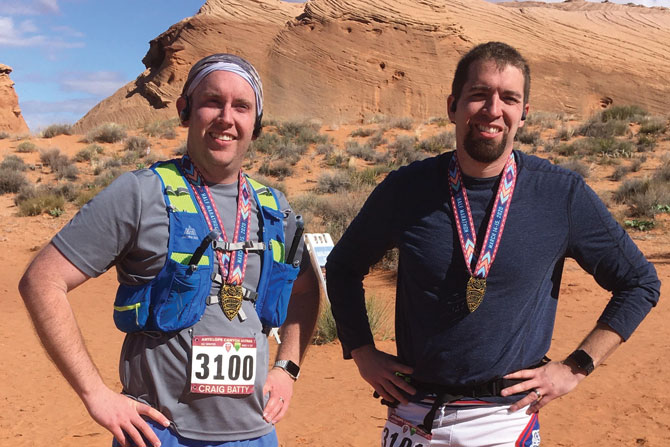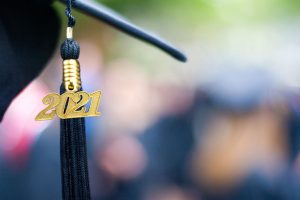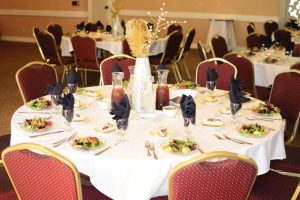I chose to practice in a rural setting because I like the lifestyle. I like having a little slower pace of life, and I like being able to be trail running within just a few minutes.
First, can you tell us a little bit about yourself?
I grew up in Hurricane, UT, and lived there until I went to college. My wife and I met at Utah State University and have three wonderful children. We currently live in Vernal, UT, and enjoy the area. I am an avid runner and will be attempting my first Ultra-marathon this summer. I especially love trail running.
I always enjoyed science all through school. I became interested in medicine as a young child and decided to pursue it as my career by the time I got to high school. I ended up attending the Southern Utah AHEC Conference in Cedar City when I was in high school, which gave me a taste of what medicine had to offer. I also benefited from a close personal relationship with Dr. Danny Worwood, who helped me see what family medicine had to offer. I also had the chance to shadow Dr. Kevin Duke while in college, who helped me see what being an osteopathic physician meant. His guidance ultimately led to me choosing the school I did.
I went to college at Utah State University. I got a Bachelor’s in Psychology. I knew going into college that I wanted to go to medical school, and I figured that in-depth training in mental health would be a great advantage since I intended to go into family medicine. I went to Midwestern University – AZCOM for medical school and graduated in 2016. I went on to complete my residency at Utah Valley Hospital in Provo.
What led you to choose family medicine in a rural setting?
From the time I decided to be a doctor, I wanted to be a family physician. I liked the variety and the chance that it offers to have a relationship with each patient. I love being able to work with the entire family and be part of the community where my patients live. I love the complexity of being on the front lines when you encounter a new problem. I love being able to do acute care visits.
I chose to practice in a rural setting because I like the lifestyle. I like having a little slower pace of life, and I like being able to be trail running within just a few minutes. We love the outdoors, so it is important to us to have access to the mountains.
I speak Spanish, but unfortunately, I don’t have much opportunity to use my Spanish in my practice. This is one aspect that I would like to improve. It has always been important to me to help the underserved, and I hope that situations change to allow me to use this more.
How has COVID affected your practice?
As with many physicians in primary care, COVID lead to a lot fewer patients visits over the past year. I feel like this is finally getting back to normal. I feel that there are some good things that have come out of the response. It is now culturally acceptable to stay home from school or work when you are sick. Every American now has a mask and can use this as needed when they are sick. The focus on telemedicine has also been helpful, and I’m glad to see that it is being successfully incorporated and reimbursed.
Our clinic has been doing all of the vaccinations for the hospital. In addition, we are now doing vaccinations and much of the testing for the community. This has led to strains on staffing, but we have managed. I don’t feel that we have been especially challenged beyond what has been normal for physicians across the state.
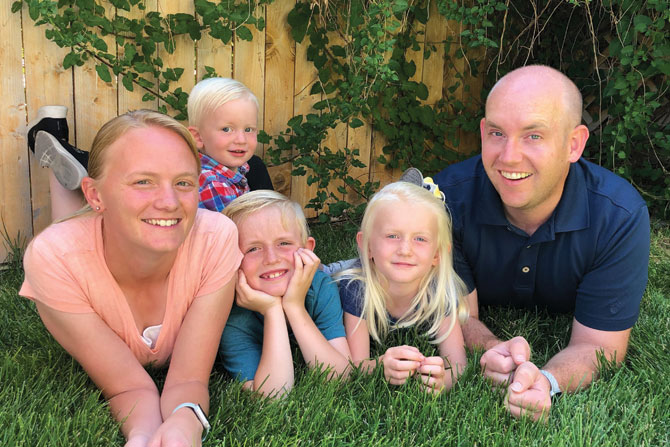
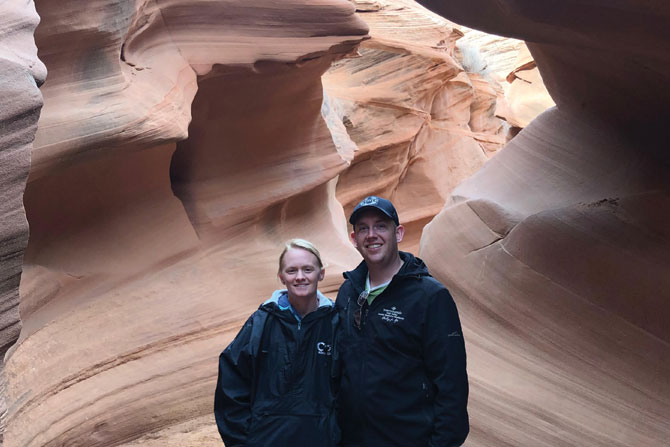
Looking at the future of family medicine, how do we as a state and as a country ensure there are enough family medicine physicians to meet the demand?
I think that right now, we are in an interesting spot in history. We are seeing medical schools, particularly osteopathic med schools, opening in record numbers. Utah’s third medical school is coming online in Fall 2021. My concern is that we are not seeing a commensurate increase in residency slots. I think that this residency bottleneck is going to lead to a problem when it comes to meeting the physician demand.
I think that as we get people to see both the value and challenge that exists in family medicine, we will get people more excited about it. I chose family medicine because it gives me the opportunity to be on the front lines of medical diagnosis and ensure that my patients get the care they need. I get to take care of procedures in the office. The limits to family medicine are broader than any other specialty. This gives us untold opportunities to shape and mold our futures as we desire. This is a major draw for future doctors. It is a significant reason that I chose this field, and I continue to see new possibilities for growth and development.
Is there anything else you would like to share about yourself, family medicine, practicing medicine in Utah, or experiences that changed or influenced your career?
Last summer, my father was diagnosed with pancreatic cancer. He only made it a few months after the diagnosis. During his last few months, I had the opportunity to see medicine from the other side. I saw the doctors who worked tirelessly to help him. I saw hospice nurses and aids that would come at all hours to ensure his needs were met. I also saw a caring nurse make sure that my mom had contacted church leaders to make sure she was supported through a difficult time. It made me that much more grateful for the profession that I have chosen. I was grateful for doctors who provided honest assessments of his disease and helped him make the difficult choices. This made me want to be even better at what I do.



